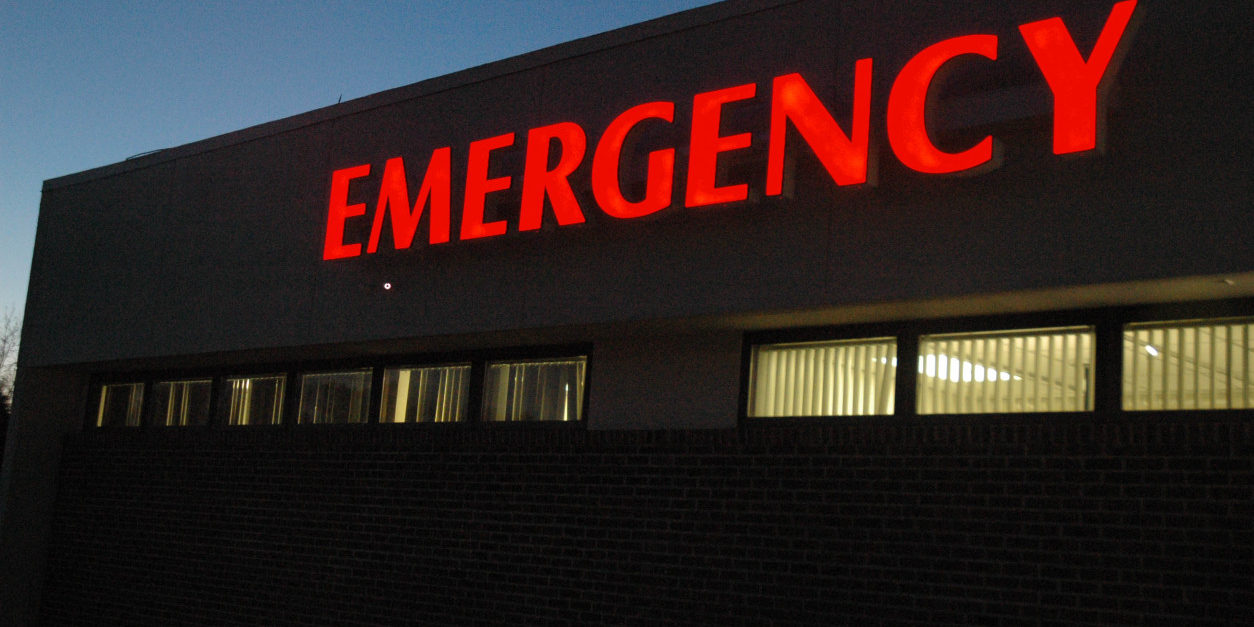When you’re experiencing mental health distress, what do you do? Where do you go? For most individuals, the only available option is to seek help from an emergency department where the average wait time, before getting admitted, can range from eight to 34 hours. Thirty-four hours waiting to be treated; thirty-four hours where your condition will almost certainly get worse.
Last month, I attended Grand Rounds at the Oregon Health & Science University (OHSU), where the launch of a revolutionary new approach to emergent mental health care, the Unity Center for Behavioral Health, was presented.
As Dr. Chris Farentinos, the director of behavioral health services at Legacy Health, noted in her presentation, nearly two million people a year are admitted to hospital emergency rooms looking for mental health care, and the need for behavioral health services has shot up 61% over the last few years. A greater need for emergent care has put a greater strain on medical services that already aren’t equipped to handle mental health needs. And, Dr. Farentino notes, not all emergency room staff are actually trained to handle mental health conditions, meaning that, during hospitalization, a patient’s condition can often deteriorate.
In Oregon, in particular, issues like overcrowding, long waits, a lack of social workers, and few adequate referrals to long-term treatment, can prevent individuals from accessing the appropriate treatment.
Last week, I wrote about how mental health is the civil rights issue we all ignore — one that is propped up by broken medical, criminal justice, and educational systems. The fact that hospitalization — an expensive and ineffective form of treatment for individuals with mental health conditions — is the mainstream option for immediate care, proves how deep these cracks run.
Unity Center for Behavioral Health wants to change all that, and their solution, a joint effort between four major health institutions, is the first collaborative medical initiative of its kind. Founded on the values of hospitality, hope, and recovery, the environment at Unity is designed to reduce agitation and maximize comfort, from the use of reclining chairs (instead of hospital beds) to the building’s “calming” architectural layout.
But more importantly, Unity will provide what emergency rooms cannot: a collaborative, non-coercive, decriminalized model of care. Open 24/7, the center will offer crisis stabilization, medication, crisis counseling, family support, peer support, and a team of qualified social workers and transition-of-care staff to ensure that long-term solutions are made accessible.
Here is a flawless vision in action! This is what happens when we look at patients with brain health challenges as people, not problems. This is what dignity of care looks like; this is what emergent mental health care should look like across the country. We applaud Unity and the health care institutions OHSU, Adventist Health, Legacy Health, and Kaiser Permanente, for coming together to serve a community. Flawless solutions require flawless leaders!
Note: All statistics courtesy of Legacy Health.







